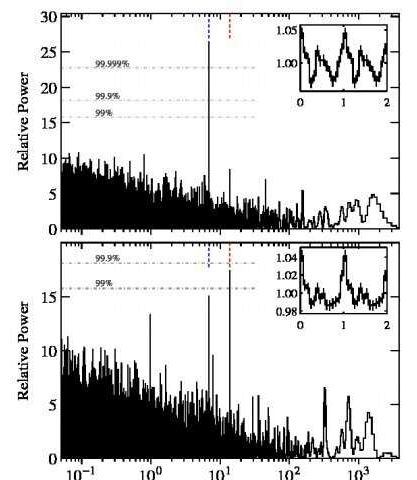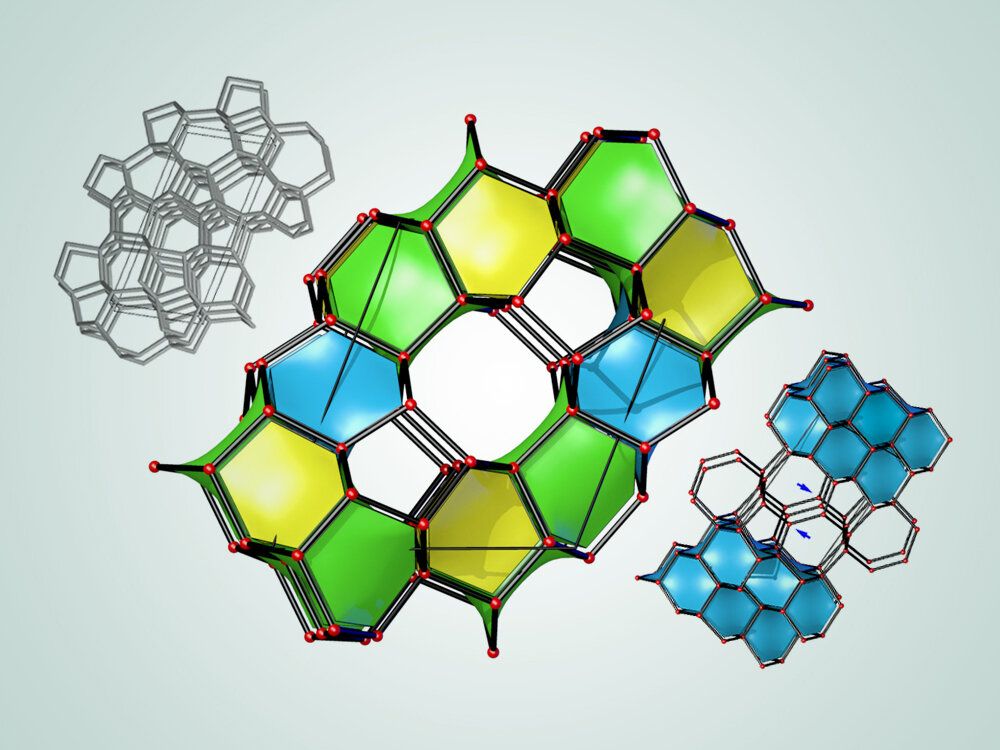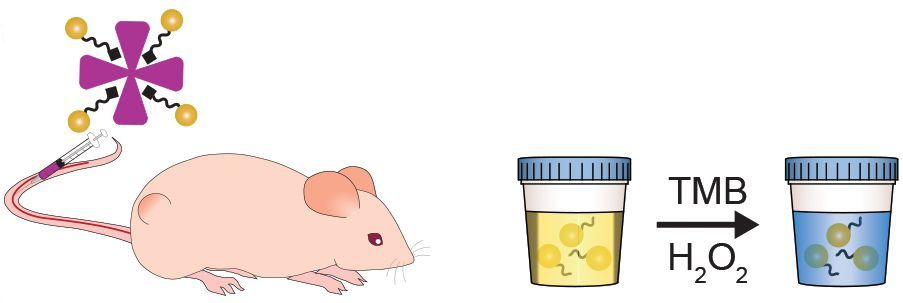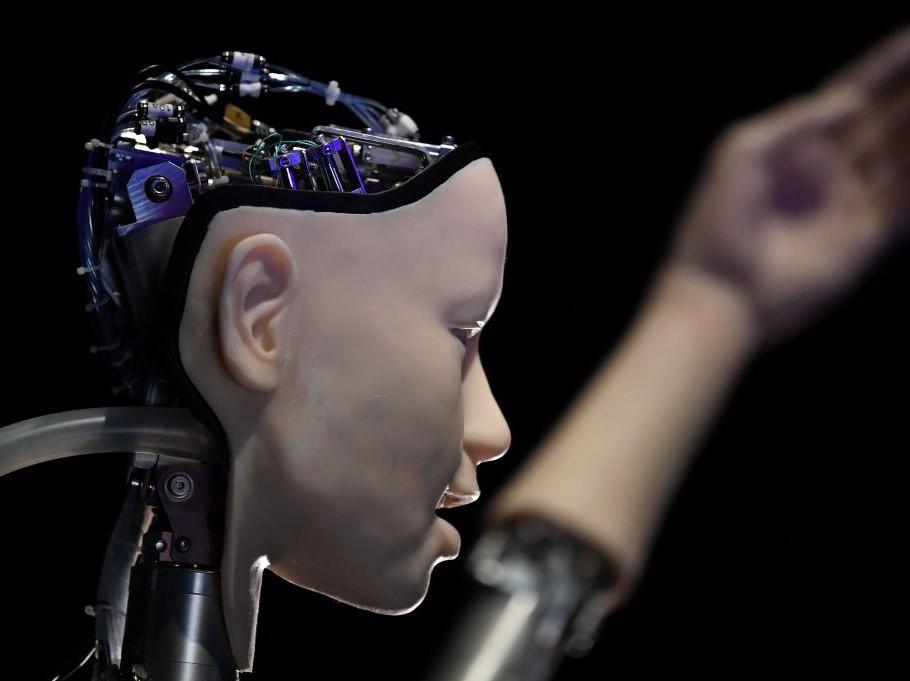An international team of astronomers has detected a new high-mass gamma-ray binary (HMGB) in the Milky Way galaxy. The newly found HMGB, designated 4FGL J1405.1–6119, is one of only a handful of such objects discovered to date. The discovery was announced in a paper published August 28 on the arXiv pre-print repository.
HMGBs consist of an OB star in orbit with a compact object. In these systems, interactions between the two objects result in an emission with spectral energy distribution (SED) peaks above 1.0 MeV. They are assumed to be precursors to high-mass X-ray binaries (HMXBs).
HMGBs are very rare objects. Astronomers estimate that there are about 100 still undetected HMGBs residing in our home galaxy. Moreover, many known gamma-ray sources of as-yet unknown nature, could potentially be high-mass gamma-ray binaries.







